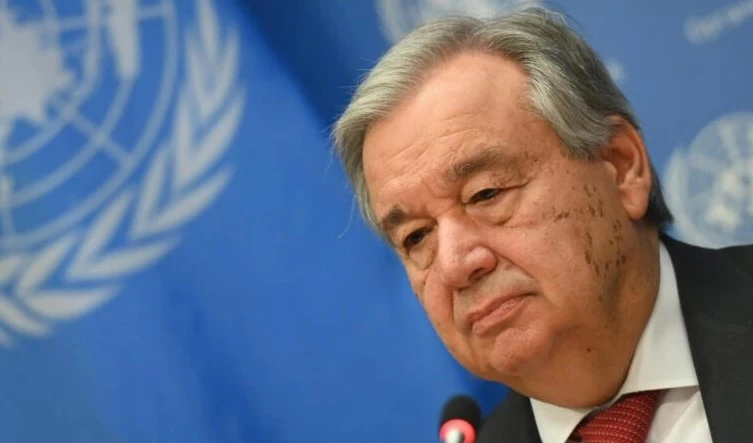Myanmar Rohingya genocide case back to the front
After committing a crime against humanity, Myanmar's junta is expected to replace Aung San Suu Kyi at the United Nations' top court.
-

Myanmar to contest ICJ Rohingya case, without Suu Kyi.
Myanmar's junta is expected to replace Aung San Suu Kyi at the United Nations' top court on Monday, as it seeks to dismiss a lawsuit of genocide against the Rohingya minority.
Suu Kyi, who was ousted as civilian leader in a military coup last year, personally delivered Myanmar's arguments at the International Court of Justice (ICJ) when the case was first heard in December 2019.
The Nobel Laureate, who was chastised by human rights organizations for her role in the case, is now being held under house arrest and facing prosecution by the same generals she defended in The Hague.
Read more: More than 30 killed, bodies burned in Myanmar
Myanmar will argue in its "preliminary objections" on Monday that the court lacks jurisdiction over the case and should dismiss it before proceeding to substantive hearings.
The junta has a new team led by Ko Ko Hlaing, the foreign cooperation minister, and Thida Oo, the attorney general, who will attend digitally, according to local Myanmar media.
The Gambia, a primarily Muslim African country, has accused Myanmar of genocide against the Rohingya Muslim minority following a deadly military crackdown in 2017.
While the years-long procedures are ongoing, the International Court of Justice issued an interim injunction in January 2020 for Myanmar to take "all measures" to avoid the alleged genocide of the Rohingya.
Bloody crackdown
Around 850,000 Rohingya are languishing in camps in neighboring Bangladesh while another 600,000 Rohingya remain in Myanmar's southwestern Rakhine state.
The coup that deposed Suu Kyi and her civilian administration, sparking large protests and brutal military response, has complicated the Rohingya case at the International Court of Justice. More than 1,500 civilians have been killed, according to a local monitoring group.
Suu Kyi is now on trial in Myanmar, where she faces a slew of allegations that may land her in prison for more than 150 years.
The shadow "National Unity Government," which is dominated by members from Suu Kyi's deposed party, claimed before the hearing that it, not the junta, "is the appropriate representative of Myanmar at the ICJ in the matter."
Myanmar's preliminary objections are also rejected, with the court stating that the hearings for these should be terminated and that the substantive case should be heard as soon as possible.
It is accused by the Gambia of violating the 1948 UN genocide convention. The 57-nation Organisation of Islamic Cooperation, Canada, and the Netherlands all support it.

 3 Min Read
3 Min Read










